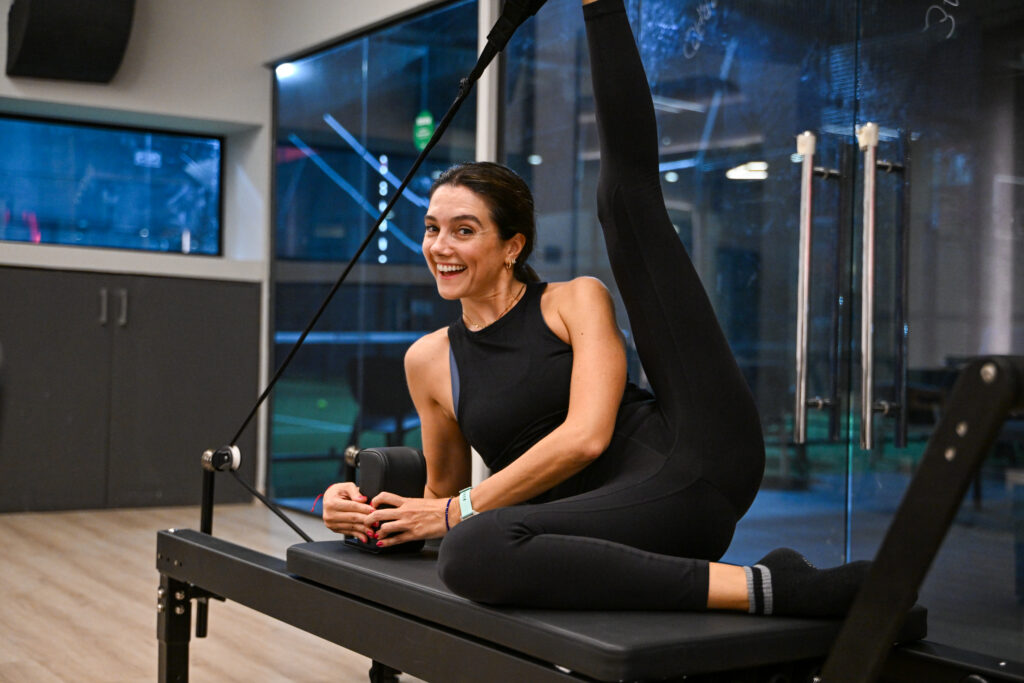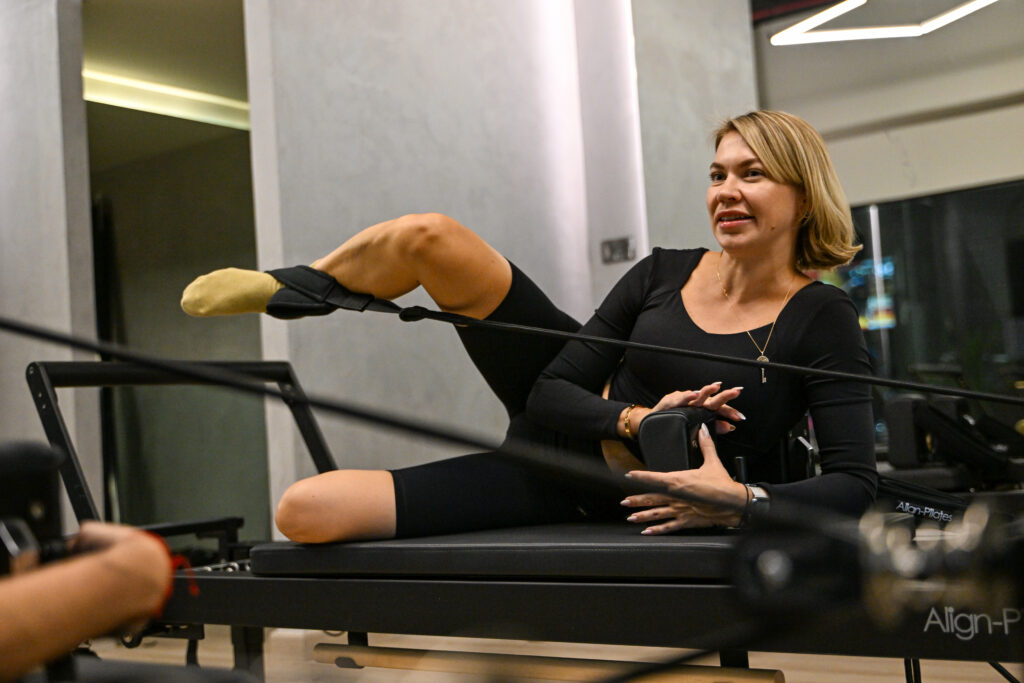Navigating Pregnancy with Reformer Pilates
The Benefits of Pilates for Expectant Mothers
Expectant mothers, you’re in for some good news! Embracing Reformer Pilates during pregnancy can provide numerous benefits to a healthier gestation and potentially smoother labor. This low-impact exercise is fantastic for strengthening your pelvic floor, which is crucial in childbirth and recovery. Plus, it helps boost blood circulation and flexibility, easing discomfort as your body changes. With the right guidance, Reformer Pilates can be a safe way to keep fit and feel great while you nurture your little one.
First Trimester Adjustments
Adapting Your Routine Safely
Getting started with Pilates during pregnancy doesn’t have to be overwhelming. It’s really about adjusting to the changes in your body and finding gentle ways to stay active. For example, any exercises involving lying on your back or stomach may need to be swapped out for movements focusing on stability and balance. Use props like pillows to support you during seated or side-lying exercises. Remember, this is your time to embrace gentle movement and connect with your body and your growing baby. Pay attention to what feels good, and be open to modifying your routine as your pregnancy progresses.

Consultation with Healthcare Professionals
Before you hop on the Reformer, chatting with your healthcare provider is essential. They can offer personalized advice to help you practice Pilates safely and effectively. With their guidance, you can create workouts tailored to your health needs and the stage of your pregnancy. So, before you roll out your mat, make that appointment—it’s a crucial step for your and your baby’s well-being.
Second Trimester Strategies
Comfort and Core: Adjusting for Body Changes
As you enter your second trimester and your belly grows, you might need to tweak your workouts to stay comfortable and avoid any strain. This is a great time to incorporate wider stances and supportive equipment for your expanding belly. These modifications are not just about comfort; they’re vital for keeping your core engaged without unnecessary pressure. Look for exercises like the Seated Arm Series or Standing Leg Work that allow you to stay upright and active while ensuring your safety. You might even find that you can still do modified planks with the right form to keep your core strong.
Emphasizing Flexibility and Strength
When you hit the third trimester, the focus shifts to flexibility and strength. Now that you’re familiar with your body’s new boundaries, it’s all about preparing for what lies ahead. Gentle stretches like the Modified Mermaid can keep your spine flexible, while Eve’s Lunge helps release tightness in your hips. Using the Pilates box for supported squats is a great way to enhance pelvic floor strength, essential for your birthing experience. Each session on the Reformer is a step toward getting your body ready for the demands of childbirth, helping you feel more resilient and empowered.
Pilates Precautions During Pregnancy
Knowing When to Modify or Stop
It’s crucial to be tuned into your body during pregnancy. If you ever feel dizzy, get persistent headaches, experience shortness of breath, or have any unusual abdominal discomfort, those are signs to take it easy. If you notice amniotic fluid leakage or painful contractions, stop your workout and seek medical advice right away. Remember, your health and your baby’s health come first! Stick to classes that match your experience level, and always listen to your body’s signals. If you’re ever in doubt, don’t hesitate to contact your instructor for modifications to keep you safe.

Recovery Time and Listening to Your Body
After giving birth, your body has experienced a significant change, and the recovery journey is unique for everyone. While many suggest a six-week healing period, this really depends on your delivery and overall health. Take the time to listen to your body and be patient with yourself—it’s been an incredible journey, and you deserve time to heal. Once your healthcare provider gives you the go-ahead, you can gradually reintroduce Reformer workouts, as they’ll know the best approach for your postpartum recovery.
Practical Tips for Reformer Pilates Practitioners
Selecting Suitable Exercises and Equipment
Choosing the right exercises and equipment during pregnancy is about more than just safety; it’s also about ensuring you’re comfortable and practical in your practice. Getting some expert advice can be incredibly helpful here. Don’t hesitate to contact a Pilates instructor who can guide you in selecting exercises tailored to your needs during this particular time. With the proper support, you can enjoy your Pilates practice and stay healthy as you embrace motherhood.
Attire and Accessories for Optimal Performance
While practicing Reformer Pilates, your attire and accessories make all the difference for a blissful blend of function and comfort. Opt for breathable, stretchy fabrics that give you freedom of movement without squeezing tightly around your growing belly. Good support is non-negotiable, so consider a maternity sports bra that offers adjustability as your body changes. As for accessories, a non-slip mat for added safety during standing exercises and a water bottle to keep hydrated are your faithful companions throughout each session. Feeling good in your gear contributes to a focused and fruitful workout.
FAQs
Is Reformer Pilates Safe at Every Stage of Pregnancy?
Reformer Pilates can be a safe exercise throughout each trimester of pregnancy, provided you have approval from your healthcare provider and your sessions are tailored to suit your changing body needs. It’s crucial to have a certified instructor who can guide you through necessary modifications, ensuring your practice supports your well-being and that of your little ones across all stages of your pregnancy journey.
How Can I Tell if a Pilates Move is Not Right for Me During Pregnancy?
Your body often sends clear signals when a Pilates move isn’t suitable during pregnancy. If you experience discomfort, strain, or pain while performing an exercise, it’s likely not suitable for you now. Other red flags include difficulty breathing, imbalance, or any unusual symptoms. Stay within a comfortable range of motion, and don’t hesitate to ask your instructor for modifications to ensure a safe and effective workout.
